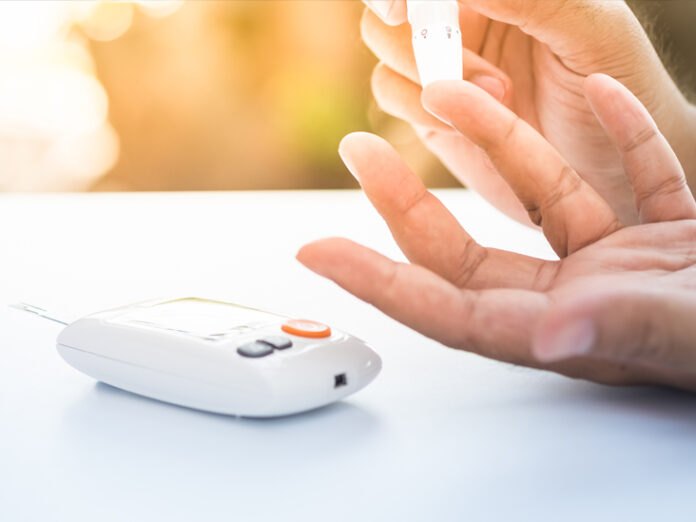The fasting blood sugar test or the fasting blood glucose test is as the name suggests a test that involves prior fasting before its final initiation. This test helps to check the blood sugar levels in the body. It is a simple test that can be done both by a blood test lab or by an individual himself at his very home as well by using appropriate equipment.
In this article, we will further look at what blood sugar is and how the results of a random blood sugar test tell us about the health status of our bodies.
What is a blood sugar test?
A fasting blood sugar test is a blood test administered to check the sugar levels in the body. The test is a simple one where a small amount of blood is drawn and given for testing. This random blood sugar test can be done also by using a glucometer individually or under the guidance of a doctor if immediate relief is needed in case of seizures or fatigue.
Since blood sugar can lead to various serious problems, it is important to keep it under control. The only prior requirement for a sugar test is fasting. Although a fasting blood sugar test can also be administered without fasting
Fasting is essential as it gives reliability to the test conducted and over some time results of different tests can then be tallied to see the progress report. This is then known as a fasting blood sugar test, where an 8 to 12-hour fasting is required before the test. The result can then be discussed with the doctor and proper medication can be prepared.
Why is a Blood Sugar Test Needed?
The sugar or glucose is used by cells with the help of insulin to do work as a form of energy, too much or too little insulin production can hamper our sugar levels and can lead to severe diseases such as diabetes. A low sugar level can also be a major health problem causing seizures and brain problems.
Blood sugar levels are often also affected by other bodily conditions such as during pregnancy (gestational diabetes) or problems with another part of the body. There are a variety of other symptoms as well that indicate an anomaly in the blood sugar levels. These symptoms could be:
- Higher thirst or urination
- Fatigue and blurry vision
- Hunger headache
- Weight loss
- Fainting or seizure
In light of these symptoms, one must check their blood sugar through a random blood sugar test. An immediate test can be administered locally by a blood test lab or at a hospital or even at our homes using a glucometer.
But for a proper diagnosis and treatment, a fasting blood sugar test is preferred which can be done again by any local blood test lab or by a hospital, or even at our own homes by not eating for 8 to12 hours.
Apart from the above-mentioned factors or conditions, if one’s age is over 45 or one had a history of heart attack or related diseases or a family history of sugar-related diseases then one must also partake in the fasting blood sugar test regularly to avoid any future complications.
Fasting Blood Sugar Test Results and Interpretation
The results of the fasting blood sugar test can provide various explanations. The blood sugar is measured in milligrams per deciliter of MD/dl. The ranges are as follows:
- Less than 140 mg/dl- is considered normal
- More than 200 mg/dl- this indicates high blood sugar levels, thus diabetes.
- Reading between 140 and 199 mg/dl- indicates pre-diabetes.
In the first case, an individual is completely safe and has no sugar level problems. In the second situation, if the level is high, then that indicates a case of diabetes and the person needs to consult a doctor. The third case is a case of pre-diabetes where a person needs to take more appropriate care of his or her diet and exercise routine.
Higher than normal blood sugar is a serious cause for concern as diabetes is the major cause of other major diseases or disorders such as kidney failure, heart attacks, or limb amputation. Thus it needs to be properly treated and monitored.
Conclusion
In this article, we look at how insulin plays a very important role in regulating our blood sugar level and how the level of sugar in our blood can be tested through a fasting blood sugar test. We also looked at the various diseases blood sugar can cause and how one should go about its treatment.
It is imperative to seek medical help if the levels fluctuate to a higher degree, while simply changing our diet and home remedies can be helpful as well. Hopefully, this article taught you more about fasting blood sugar tests and the implications and treatment related to blood sugar.


















